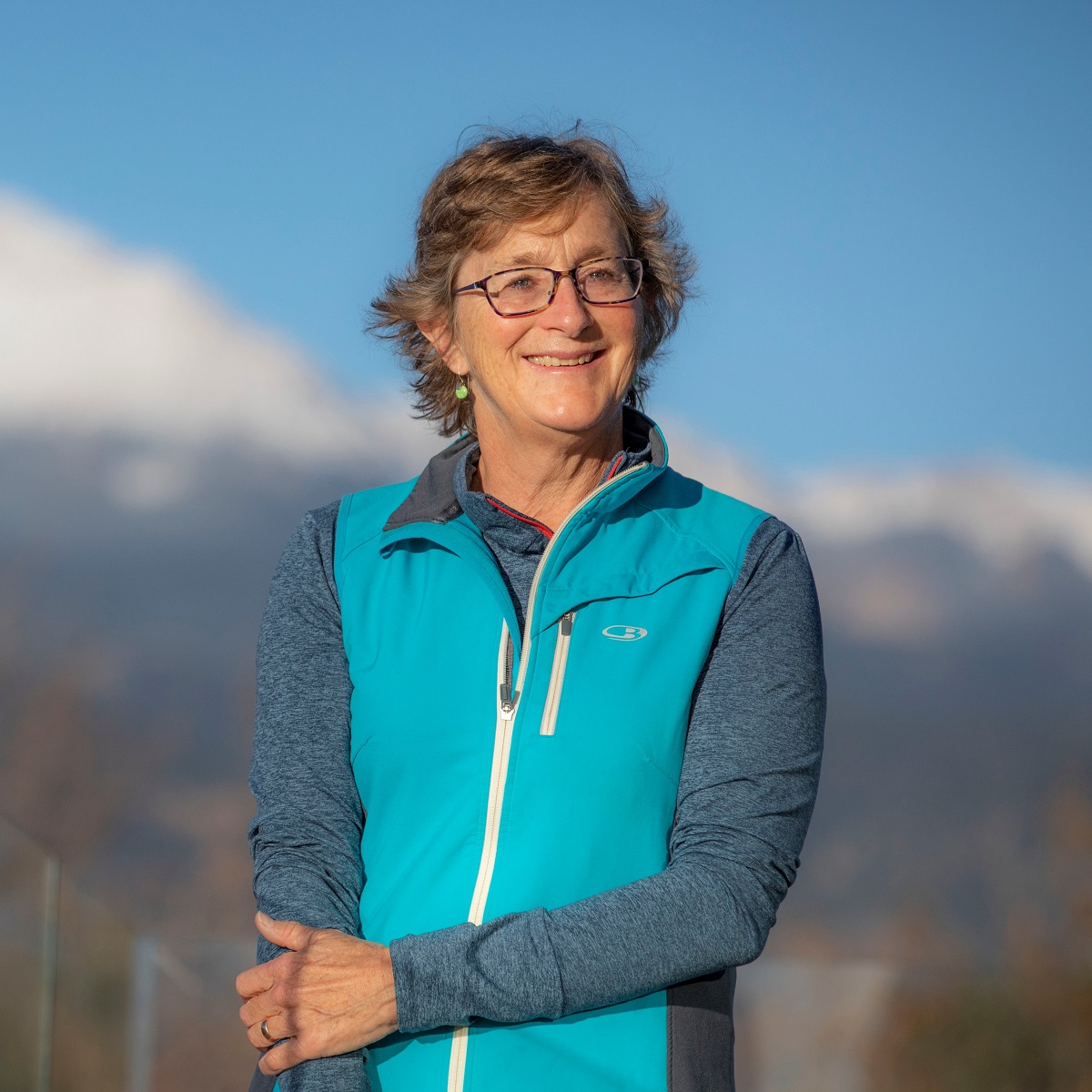Colorado College Professor of Geology Christine Siddoway has been awarded a grant from the National Science Foundation to study the cores drilled while she was a shipboard scientist on the International Ocean Discovery Program (IODP) expedition in the Amundsen Sea, Antarctica.
With this new award, Siddoway now has three active NSF grants that support her research into the bedrock evolution and glaciation history of West Antarctica.
Siddoway and her collaborator Reed Scherer, professor of micropaleontology and biostratigraphy at Northern Illinois University, were awarded $317,032, of which $46,234 is awarded to Colorado College. The grant allows Siddoway, Scherer, and their students to study the sediment cores obtained during the Spring 2019 IODP expedition.
"I am thrilled to thoroughly interrogate the amazing rock samples provided by icebergs and the deep sea, in parallel with the high-resolution microfossil record obtained by Reed," says Siddoway. "I'm also enthused that this collaboration with Reed Scherer entails 'step-mentoring' of his graduate students with CC students, and access to instrumentation at NIU."
This component of the IODP research will help in the international effort to forecast how fast the sea level will rise in the coming decades, says Siddoway. The NIU-CC collaboration will use intervals in the cores that contain evidence that the Southern Ocean has been ice-free. At those times, the sediments are rich in microfossils because biological productivity is high, and they contain abundant mineral and rock fragments that were 'rafted' out to sea within floating icebergs.
Concerns that the West Antarctic Ice Sheet might be susceptible to releasing its ice as armadas of giant icebergs into the Southern Ocean due to a warming climate, raising global sea level, were first expressed more than 40 years ago. The sediment cores obtained by the IODP expedition last year contain a continuous record of oceanographic changes and ice-rafted debris spanning the last 5 million years.
The proposed study aims to identify the signature of past retreat/collapse of the West Antarctic Ice Sheet in these continental margin deep-sea sediments by analyzing, in detail, diatom and ice-rafted debris records to establish the timing and frequency of West Antarctic Ice Sheet collapse events. The new knowledge will help to predict future retreat or collapse that could cause global sea level rise.
"This will help us contextualize the physical basis of contemporary change in order to develop a societal response," says Siddoway, who, with the help of National Science Foundation awards, has made 14 research trips to Antarctica.
Siddoway has been named one of Colorado College's Faces of Innovation.






